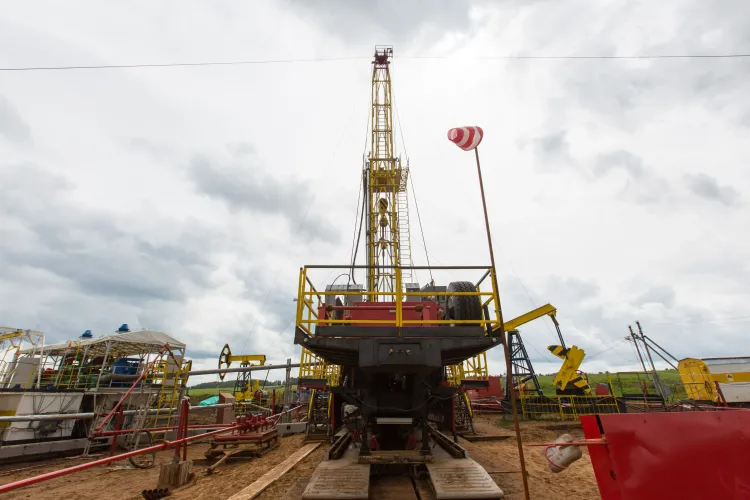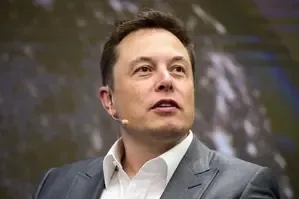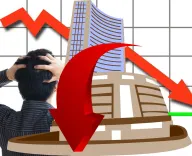Russia Prolongs Countermeasures Against Western Oil Price Limits

Moscow, Dec 13 (NationPress) Russian President Vladimir Putin has enacted a decree to extend Moscow's retaliatory actions in response to a Western price limit on Russia's oil until June 30, 2025, as indicated in a recently published document.
The original decree, which was issued on December 27, 2022, prohibited the export of Russian oil and petroleum products under contracts that adhered to the price ceiling established by the Group of Seven (G7) nations, the EU, and Australia, according to reports from Xinhua news agency.
This decree has seen several extensions, with the latest one set to last until December 31, 2024.
In December 2022, the EU implemented a price cap of $60 per barrel on Russian seaborne crude oil, a measure that was also supported by the G7. Starting from February 5, 2023, similar price constraints were introduced for petroleum products from Russia.
Despite these sanctions, the revenues of Russia's large and medium-sized oil and gas companies surged by 34.2 percent on a year-on-year basis during the first half of 2024, reaching 38.3 trillion rubles (approximately $413 billion), as reported by local media on Wednesday.
A study conducted by the auditing and consulting network FinExpertiza indicated that non-resource companies also experienced growth, with revenues climbing by 19.5 percent to 98.7 trillion rubles (around $1 trillion).
The oil and gas sector's contribution to total corporate revenue in Russia rose to 28 percent, up from 26 percent the previous year. Overall, corporate turnover expanded by 23.3 percent.
Experts from FinExpertiza attribute the notable increase in oil and gas revenue to a weakened ruble and soaring global oil prices.
The non-oil and gas sector, which made up 72 percent of total revenue, also experienced a more modest growth of 19.5 percent in the first half of the year.
Although the growth was slower compared to the oil and gas sector, the non-resource segment demonstrated a robust recovery following sanctions, particularly within the manufacturing industry, with sectors such as metal products, electronics, and automotive manufacturing propelling the growth.









